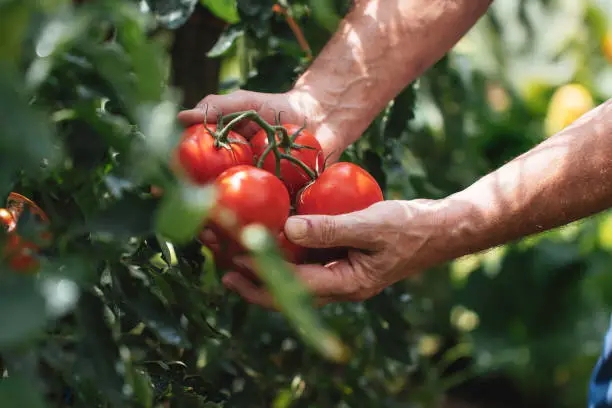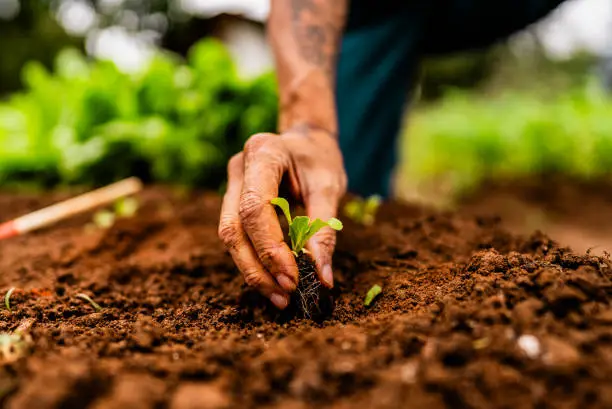The Backbone of Civilization: A 21st Century Look at Agriculture
Agriculture, the age-old practice of cultivating soil, growing crops, and raising animals for food, fiber, and fuel, remains a cornerstone of human survival and economic development. While it has ancient roots dating back over 10,000 years, modern agriculture has evolved into a sophisticated, technology-driven industry. In the 21st century, agriculture is not only about producing food but also about sustaining livelihoods, preserving the environment, and adapting to global challenges.
The Importance of Agriculture
At its core, agriculture is essential for food security. It provides the grains, vegetables, fruits, and livestock products that feed the world’s population, which surpassed 8 billion in 2022. Beyond food, agriculture supports clothing, biofuel, pharmaceuticals, and raw materials for many industries.
Agriculture also plays a vital economic role, particularly in developing countries, where it often employs a large percentage of the labor force. In many parts of Africa, Asia, and Latin America, farming sustains rural communities, providing income and food directly from the land.
Technological Advancements in Agriculture
In recent decades, agriculture has undergone significant transformation. Mechanization, improved irrigation, precision farming, and biotechnology have increased productivity and efficiency. Tractors, harvesters, and GPS-guided machines have replaced manual labor, significantly reducing the time and effort required to cultivate large areas.
Precision agriculture uses data and technology—such as drones, satellite imagery, and AI—to optimize planting, watering, and fertilization. These tools help farmers make better decisions, reduce waste, and increase crop yields while minimizing environmental damage.
Genetically modified organisms (GMOs) and gene-editing techniques like CRISPR have also revolutionized farming by creating crops that are resistant to pests, diseases, and extreme weather conditions. While controversial in some regions, such technologies have helped many countries increase food production and reduce reliance on chemical pesticides.
Environmental and Climate Challenges
Despite these advancements, agriculture faces serious environmental and climate-related challenges. Soil degradation, water scarcity, and loss of biodiversity are ongoing concerns. Traditional farming practices, such as monoculture and excessive use of chemical fertilizers and pesticides, have contributed to environmental decline.
Climate change further complicates the picture. Shifting weather patterns, rising temperatures, droughts, and floods are impacting crop yields and threatening food security worldwide. In response, sustainable agriculture practices are gaining momentum. These include crop rotation, organic farming, agroforestry, and integrated pest management—approaches that prioritize ecological balance and long-term productivity.

The Role of Sustainable Agriculture
Sustainability in agriculture aims to meet present food needs without compromising the ability of future generations to do the same. It encompasses economic viability, environmental health, and social equity. Farmers are increasingly adopting practices that conserve resources, reduce emissions, and enhance soil health.
Urban farming and vertical agriculture are also emerging as solutions to land and food access issues, especially in densely populated areas. These methods reduce the need for long-distance transportation, lower carbon footprints, and bring fresh produce closer to consumers.
Governments and organizations around the world are recognizing the importance of sustainable farming. Policies and subsidies are shifting to support regenerative agriculture, water conservation, and climate-smart farming methods.
Future Outlook
The future of agriculture lies at the intersection of innovation and sustainability. Technologies such as artificial intelligence, blockchain, and robotics will continue to reshape farming. For example, blockchain can improve supply chain transparency, while AI can forecast yields and detect pests early.
Education and investment are key to empowering farmers—particularly smallholders—with the tools they need to adapt. Moreover, international cooperation and policy reform will play a crucial role in addressing trade inequalities, food distribution, and climate resilience.
As the global population grows and environmental pressures increase, agriculture must evolve—not only to produce more food but to do so in a way that preserves the planet. It is both a challenge and an opportunity for the world to reimagine agriculture as a force for sustainability, equity, and resilience.

